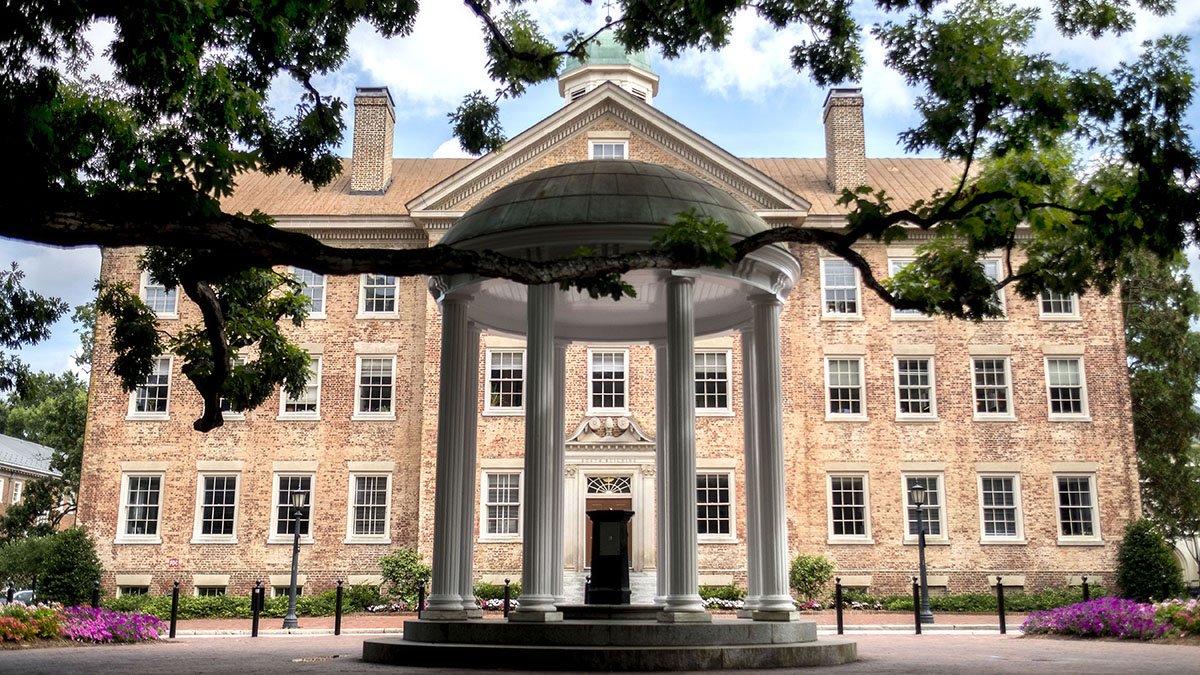The guest speaker at a University of North Carolina at Chapel Hill event held nearly two months after the start of the Hamas-Israel war, made comments that seemed to some listeners to celebrate the brutal attacks by Hamas on Israelis. The statements, made by Rania Masri, included expressing non-apologetic views about violence inflicted by the oppressed or occupied.
Kevin Guskiewicz, chancellor at the time of the event, issued a statement in the days after indicating he was “appalled by the remarks.” Faculty Council at Chapel Hill, in response to a proposed resolution strongly condemning Masri’s statements at the event, voted 32 to 29 with six abstentions to “indefinitely postpone” the resolution last month, effectively stalling efforts for a university response which, while encouraged by some council members, was seen as problematic by others.
The controversy raises similar questions that have been recently debated at other institutions about the relationship between anti-Israel comments and antisemitism, the importance of historical context, the boundaries of free speech on campuses, and whether universities are equally defending all minorities.
The incident has led to a complaint alleging illegal discrimination against Jewish students and an ongoing investigation by the U.S. Education Department’s Office for Civil Rights.




















